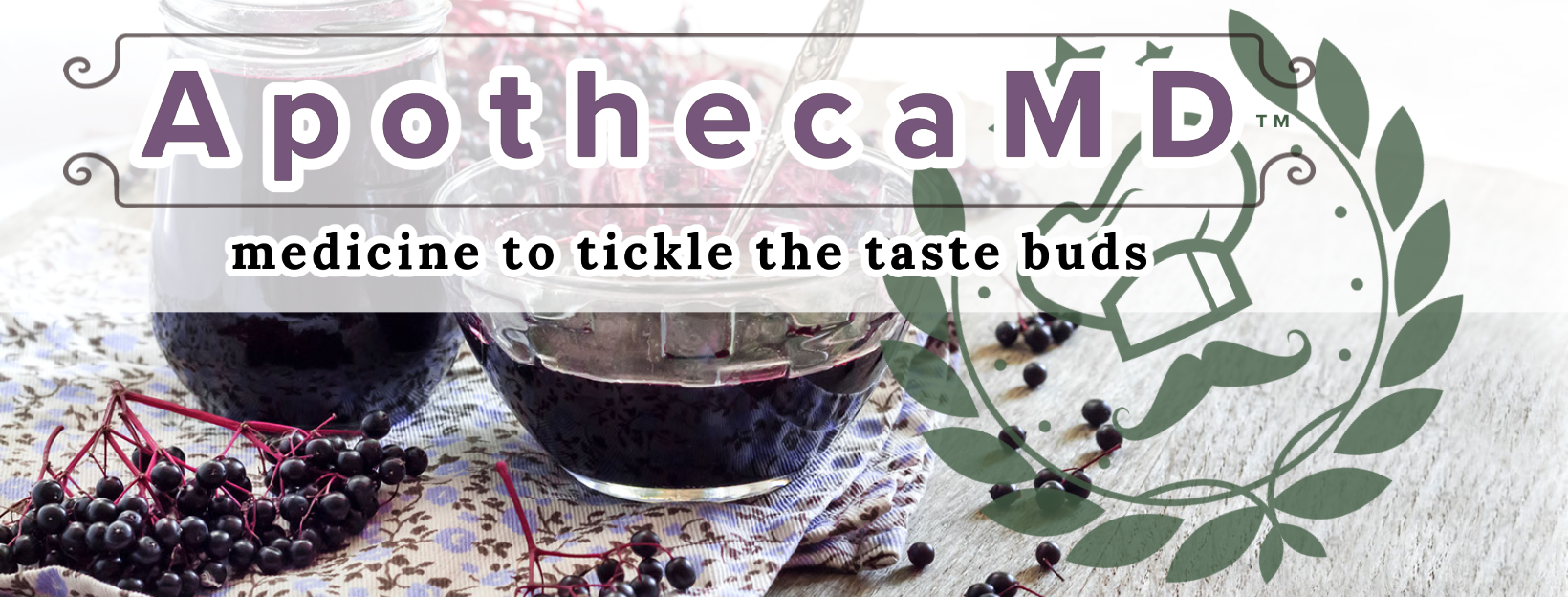Effects of main active components of rosemary on growth performance, meat quality and lipid metabolism in finishing pigs
Anim Nutr. 2023 Sep 20;15:341-349. doi: 10.1016/j.aninu.2023.05.015. eCollection 2023 Dec.
ABSTRACT
Rosemary extracts have been widely used as feed additives in recent years. This study aimed to investigate the effects of rosmarinic acid (RA) and ursolic acid (UA), the main active components of rosemary, on growth performance, meat quality and lipid metabolism in finishing pigs. A total of 72 finishing pigs (Landrace; initial age of 150 d) were randomly divided into 3 treatments with 8 replicates of 3 pigs each, and fed a basal diet or diet containing 500 mg/kg of RA or UA. The results showed that dietary supplementation of RA or UA had no significant effect on the growth performance and carcass traits of finishing pigs (P > 0.05). However, both RA and UA significantly increased the triglyceride (TG) level in soleus muscle (P < 0.001). Supplementation of RA increased the expression of genes related to lipogenesis and transport including fatty acid synthase (FAS) (P < 0.001), sterol regulatory element binding protein-1c (SREBP1c) (P < 0.001) and peroxisome proliferator-activated receptor γ (PPARγ) (P < 0.05), while UA increased the expression of fatty acid transport protein 1 (FATP1), a gene related to lipid uptake (P < 0.05). However, RA reduced the expression of adipogenesis-related gene acetyl-coenzyme A carboxylase α (ACCα) (P < 0.01). Characterization of cecal microbiota indicated that RA increased the microbial richness (chao 1, P < 0.001) and diversity (observed species, P < 0.01). Further analysis of the genera revealed that RA increased the relative abundance of Bacteroides and g-UCG-005 (P < 0.05), and UA enriched Prevotella (P < 0.001). Correlation analysis showed that g-UCG-005 was positively correlated with the expression of FAS, carnitine palmitoyl transferase 1B (CPT1B), SREBP1c and PPARγ (P < 0.01). In conclusion, dietary supplementation of RA or UA may increase fat deposition in muscle of finishing pigs by regulating lipid metabolism and gut microbiota.
PMID:38053801 | PMC:PMC10694069 | DOI:10.1016/j.aninu.2023.05.015

